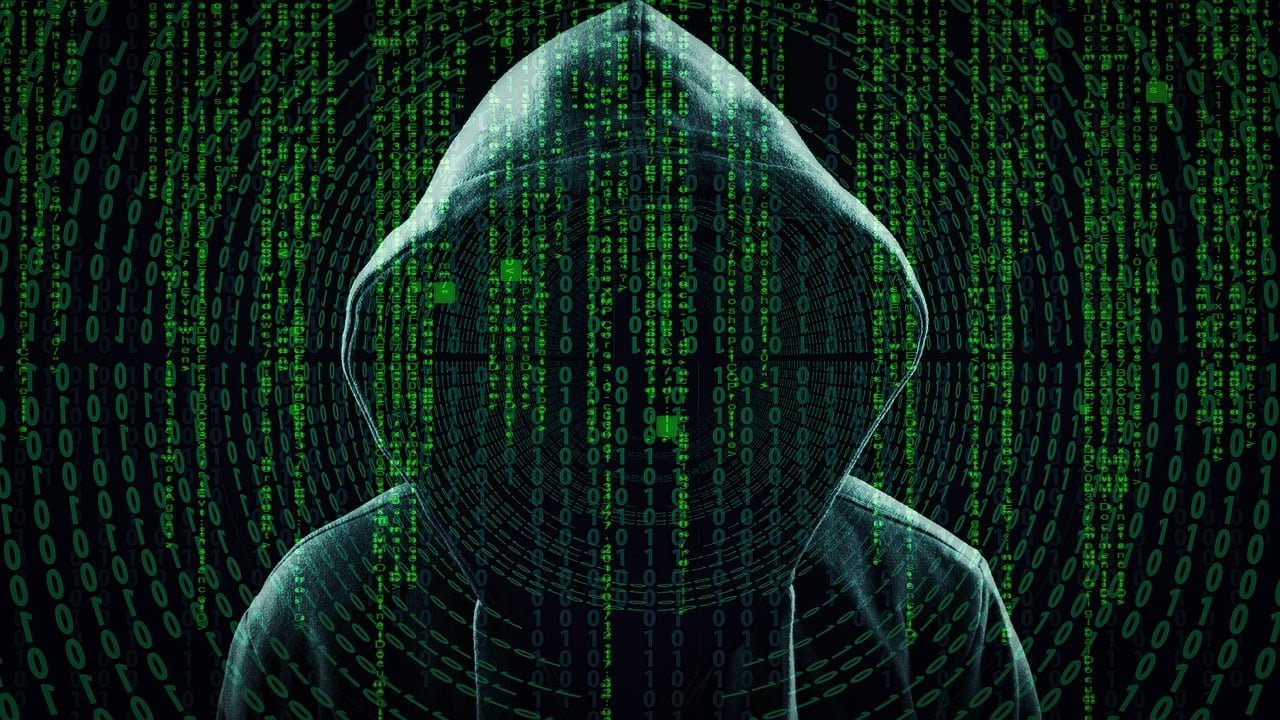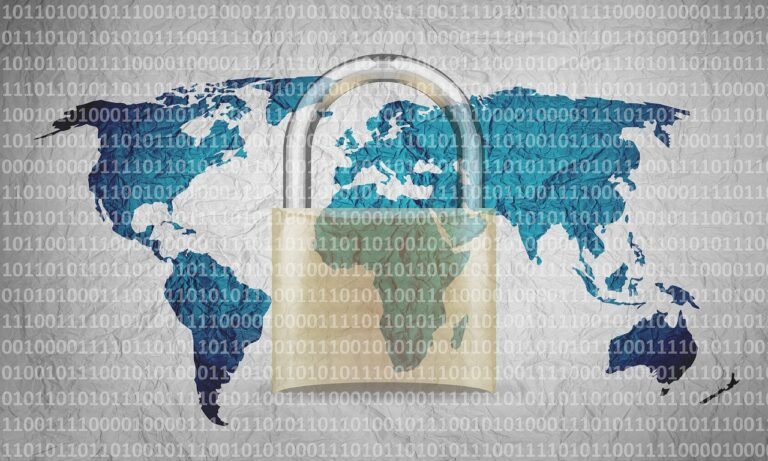The Importance of Security Culture in Reducing Cyber Risk
After two decades of developing increasingly sophisticated security architectures, organisations are confronting a critical reality: tools and technologies alone cannot sufficiently mitigate cyber risk. As technology stacks have advanced, attackers have shifted their focus from infrastructure vulnerabilities to exploiting human behaviour. Recent data from Verizon’s Data Breach Investigations Report indicates that nearly 60% of all breaches in 2024 involved a human element. This highlights a common misconception that employees are the weakest link in security. In reality, users are not failing at security; rather, their security environment is failing them. Security is often unnecessarily complex, with policies designed for auditors rather than the average employee. To effectively mitigate human risk, organisations must cultivate a robust security culture that simplifies and supports secure behaviours, treating security culture with the same importance as technological investments.
Defining Security Culture is essential for organisations to understand their current stance on cybersecurity. Security culture encompasses the shared perceptions, beliefs, and attitudes about cybersecurity within an organisation. When employees believe that security is important and feel a sense of responsibility, their behaviour aligns with these values. Conversely, if security is perceived as an obstacle to productivity, the risk of breaches increases significantly. The challenge lies in embedding security into daily operations rather than treating it as an additional layer. To foster secure behaviours, organisations must create an environment that rewards and supports these actions. This involves evaluating the four key drivers of security culture, including leadership signals, to ensure that security becomes an integral part of the organisational ethos.








